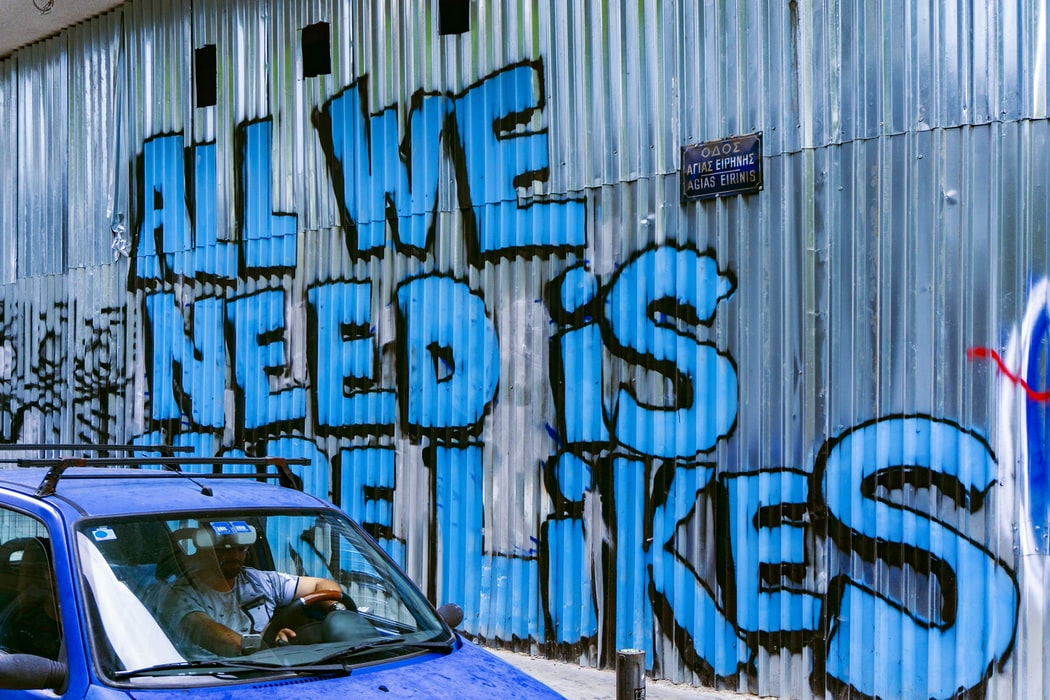Most of us who are on social media have at one time or another posted something on there to only go back later to see just how many Likes it has garnered. Upon seeing these, it is likely to be the case that you felt a small rush of excitement and / or anticipation as you were unsure as to what level of reception the post would receive. This feeling is completely normal and happens to pretty much all of us when using any of the various social media platforms that are out there right now.
What the science says
In the United States of America, 69 percent of all adults use one or more social media platforms. When the demographics are drilled down to look at those adults between the ages of 18 and 49 years, this goes up to as much as 82 percent. With so many adults in the country using social media, it has allowed for much scientific research and study to be performed, and with great accuracy, given the sample sizes.
These studies have found that the use of social media platforms can and does cause certain habits to form in the human brain. One of the main influences that they have on your brain is the fear of missing out on something, or FOMO as it is known for short. The use of social media also has a direct impact on how we feel and on the way that we think. Because of the hormone known as dopamine, which is released into the brain when using social media platforms, many of us actually crave the attention that they get on the likes of Instagram, Facebook, TikTok and the rest.
Dopamine makes us feel good and is responsible for regulating our emotions and response to certain events; it can even motivate us. Whenever we receive pleasure from something, we get a hit of dopamine into the brain. A small amount of this hormone is released whenever we receive Likes of attention on any of the social media platforms. This is why some people even go as far as top buy likes on TikTok.
What the experts say
Researchers Terry Robertson and Kent Berridge from the University of Michigan state that addiction to social media does exist. Their Incentive Sensitization Theory of Addiction shows that users of social media not only like to receive attention but, in some instances, actually need it. Their brain has to work hard to process its response to these emotions and response, because of the amount of dopamine that is involved. As a result of constantly wanting attention on social media platforms, it is likely to be the case that the user never quite feels fully satisfied and so become addicted to searching for their next bit of attention.
This is backed up by Dr. Susan Weinschenk, who refers to a process known as the scrolling dopamine loop, which sees users constantly scrolling through their social media platforms in search of their next hit.

